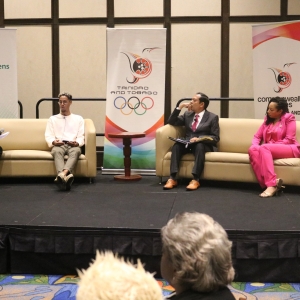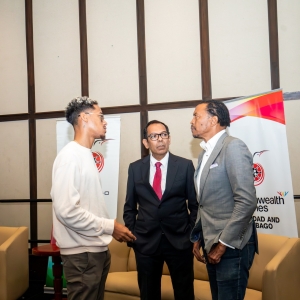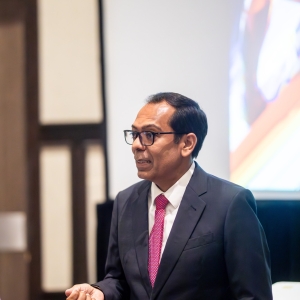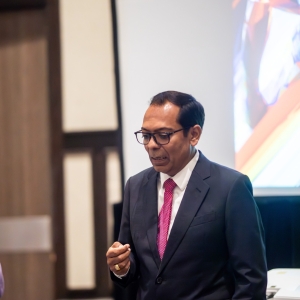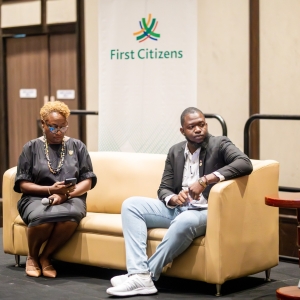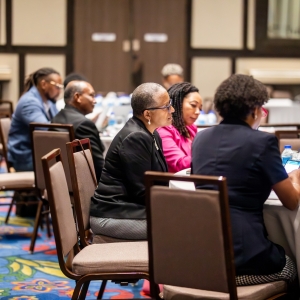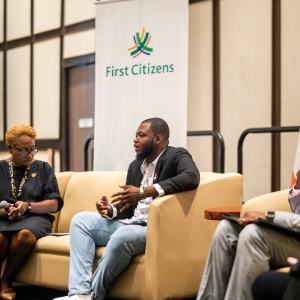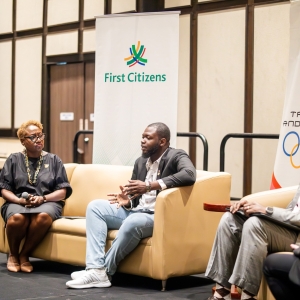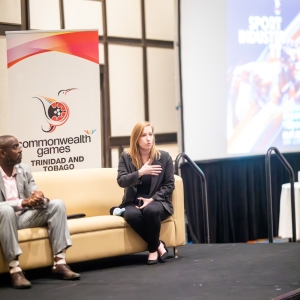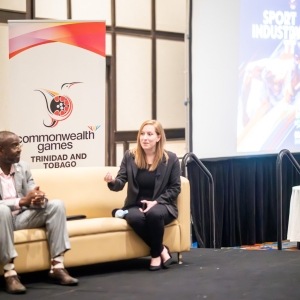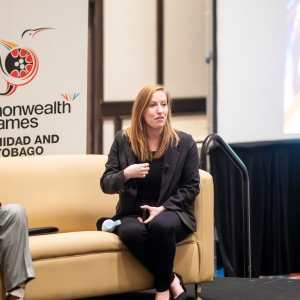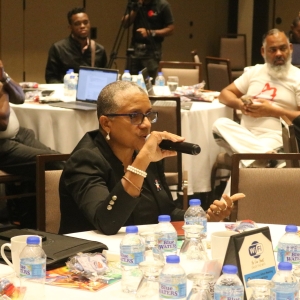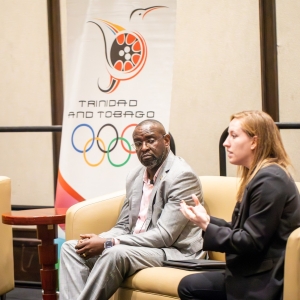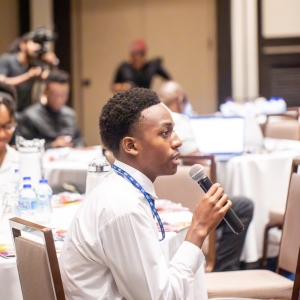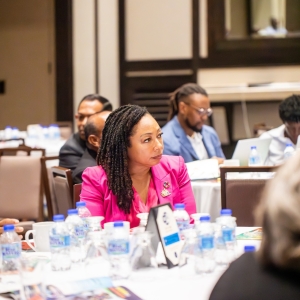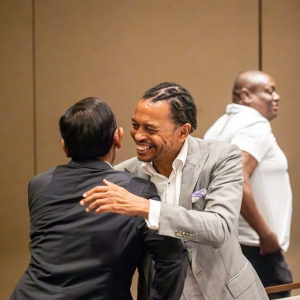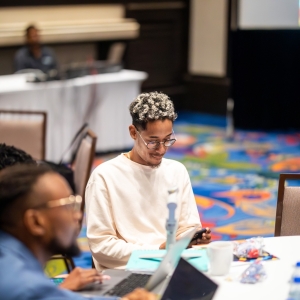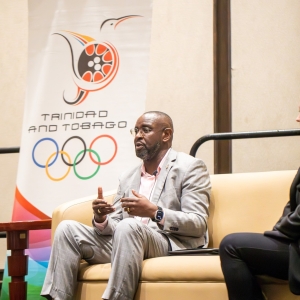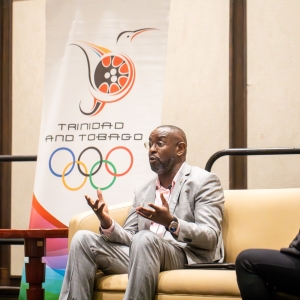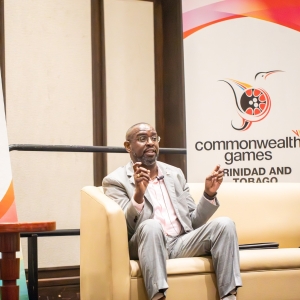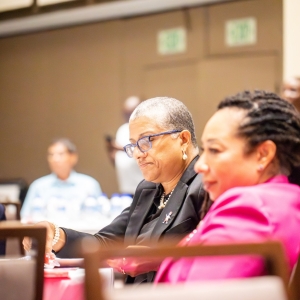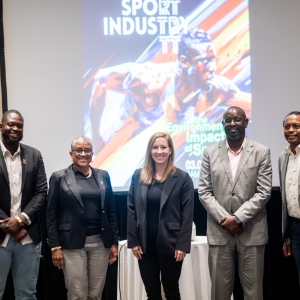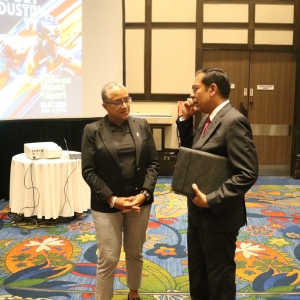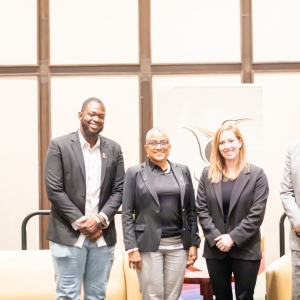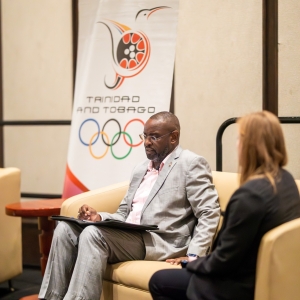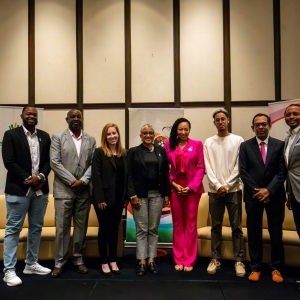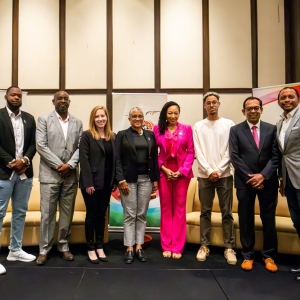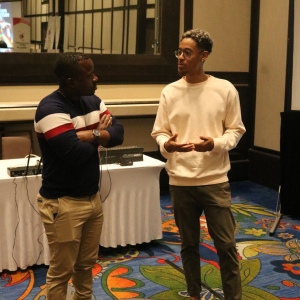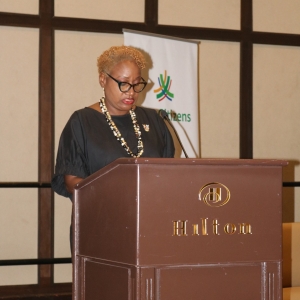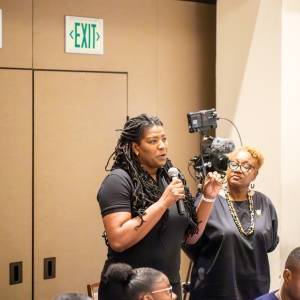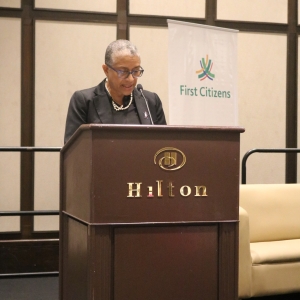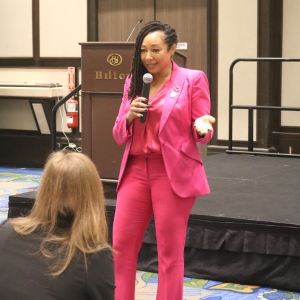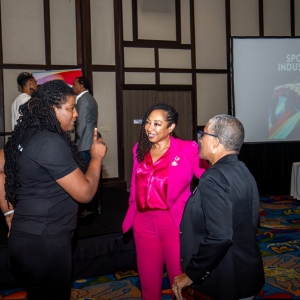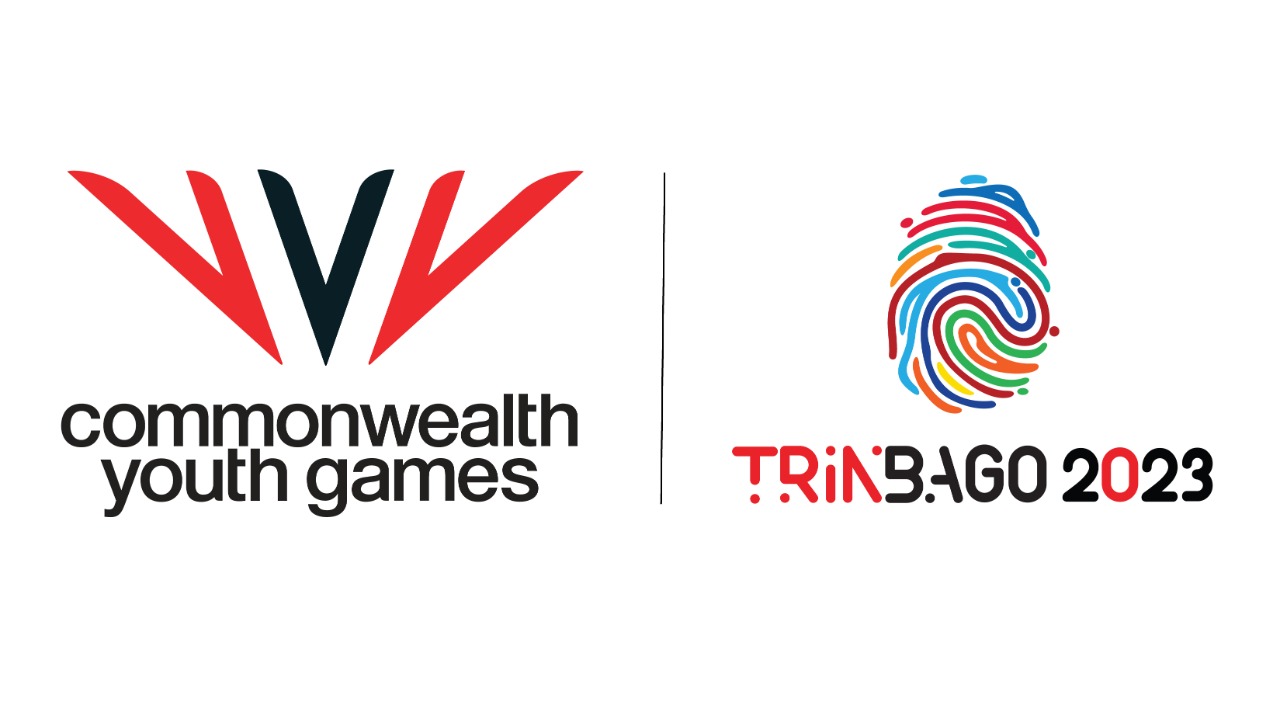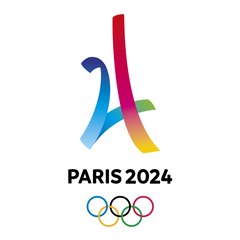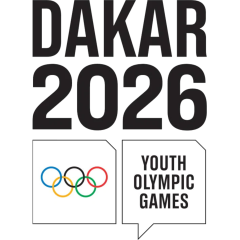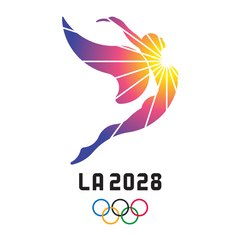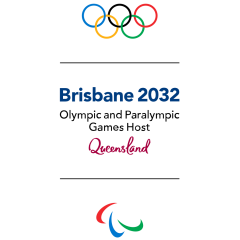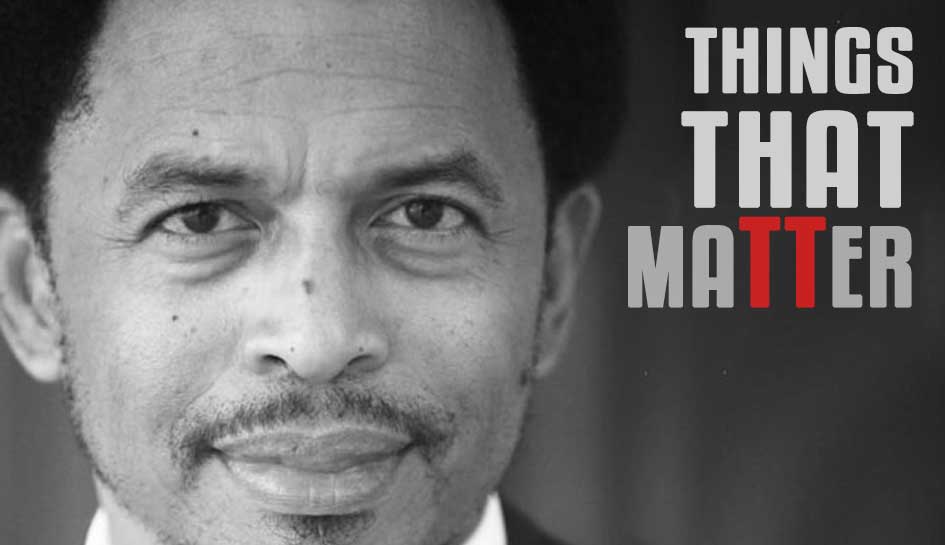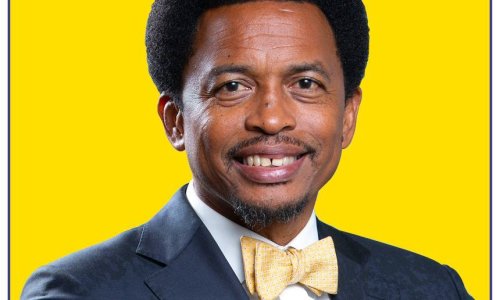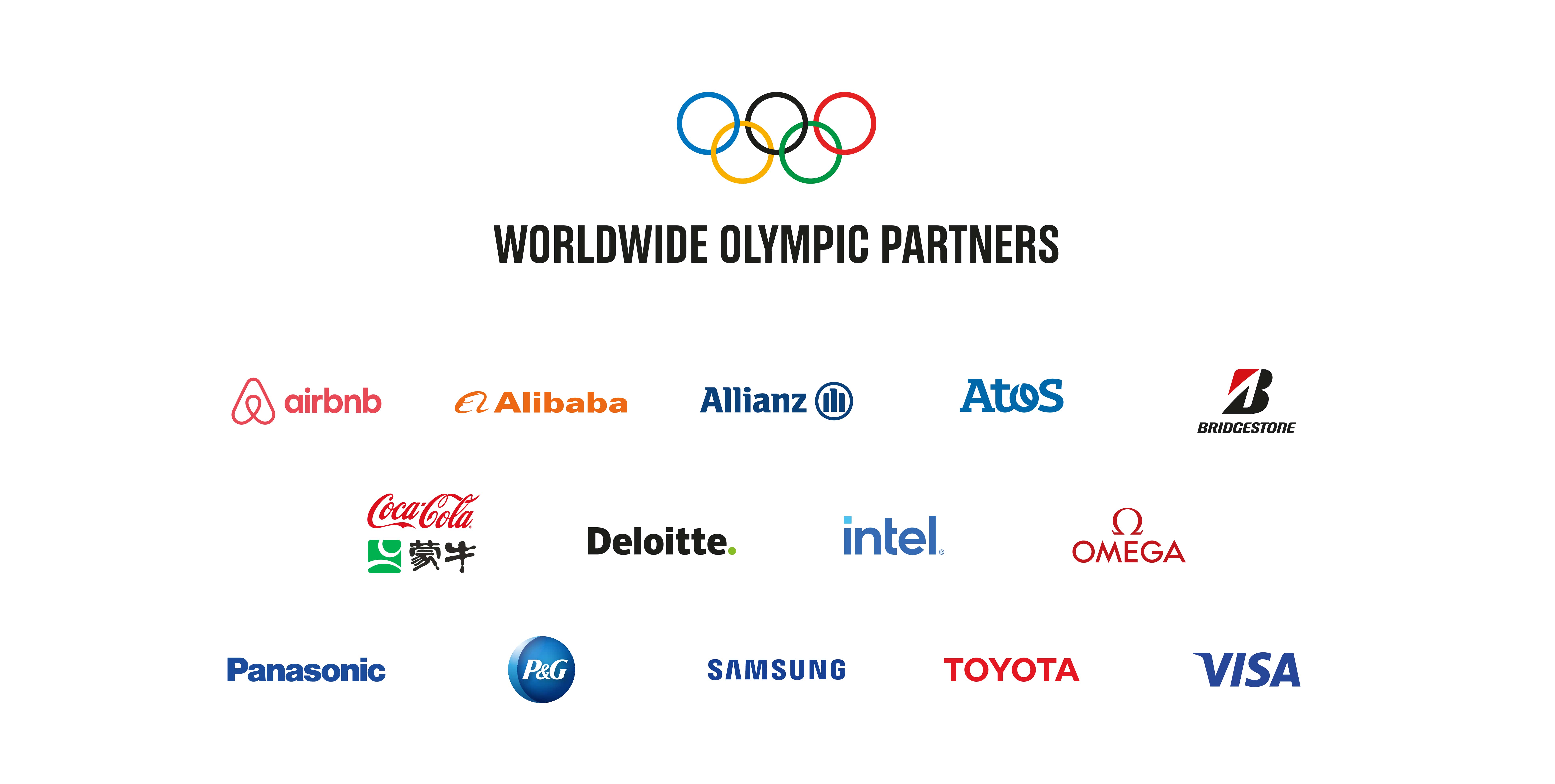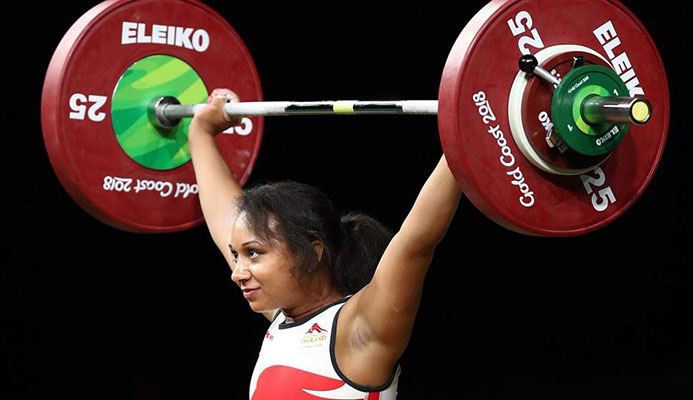Exclusive interview: Smith explains the costs of UK Sport's drastic funding cuts two years ago which have left her and other top British athletes struggling to reach the Tokyo Games in 2020
“I make next to nothing,” says Zoe Smith, with typical blunt honesty. “I earn pretty much just above minimum wage working at a bubble tea cafe, so I don’t have any money to put aside for a world championship fund.” She says it with a shrug and a laugh, but something has clearly gone wrong when an Olympian and Commonwealth gold medallist from one of the wealthiest countries on the planet is having to train, work and appeal for donations to get to the next Olympic Games.
Smith’s discipline, weightlifting, is one of those that was stripped of funding by UK Sport in 2016 along with basketball, badminton, wheelchair rugby and a raft of others deemed unlikely to achieve more than one medal at Tokyo 2020. She has lost out on coaching, a physio and strength and conditioning coach, as well as regular training camps and accommodation at weightlifting’s Loughborough University base.
Smith can carry on without much of that support but not without the £10,000 she needs to reach the six qualifying competitions around the globe, including November’s world championships in Turkmenistan. She has got creative, offering coaching and classes in return for bigger donations on her gofundme page, but the reality is that both Smith and her team-mates may be forced to drum up the money themselves. “If I max out all my other avenues then I’ll be looking to take out credit cards. It’s a shame you have to think about putting yourself in debt just to compete in your sport.”
This might seem a strange situation in a country which spends £266m on Olympic funding. Rowing currently gets £31m per year. Sailing gets £26m. Canoeing £19m. Taekwondo £10m. Modern pentathlon £6m. Yet weightlifting and other outcasts don’t receive a penny. The irony is that there is currently a real window of opportunity in the sport. Weightlifting is in disarray with several of the traditional Asian and Eastern Bloc nations facing restrictions following multiple doping violations; China are not competing at the current Asian Games after a one-year suspension. “Realistically if there was ever a chance to take a shot at an Olympic medal, it’s now,” says Smith. ’It just so happens that this is the one time we can’t afford to get there.”
UK Sport’s drastic funding policy is now being discussed in a public review. This month the former UK Athletics chair Ed Warner called for a radical overhaul of a system which has become warped by its unhealthy obsession with medals and letting the long-term development of a more diverse range of sports suffer.
“There are sports on the list like rowing which aren’t particularly accessible,” says Smith. “I think it’s important we fund sports – not necessarily just weightlifting – but basketball are in the same boat, badminton, things where you pretty much just need to turn up. It certainly doesn’t take your mum and Dad owning a million-pound house in the countryside on the water so you can train or owning a horse in a massive back garden so you can practice in. It would be a massive shame if weightlifting in the UK was to die because of underinvestment.
“There have been rumours of how [the funding system] might be changing, every governing body has been told they have to become more self-sustainable. That’s a good thing: you don’t want to be reliant on government handouts – it’s like being on benefits. No one wants that for their sport and obviously it’s becoming more self-dependent. But while it’s still available we really need the support.”
The stripping of the safety blanket has at least given Smith added focus. She has had to structure her life meticulously to fit training around work while she has also been studying biology, psychology and environmental science – “I’m doing my A levels aged 24, which isn’t at all demoralising,” she jokes – jolted by the realisation that she cannot rely on a career in sport. “I’d literally just got off the plane from the Commonwealths [in April] and had about a week to revise. I do my final exams next summer so I’m going to have a lot on, but I’m setting myself up for something after weightlifting. I’m quite interested in conservation: I could stay in the sport and maybe coach, or I could go and save the world.”
The Team GB heroes devastated by UK Sport’s funding cuts
Before she saves the world Smith is determined not to let the opportunity to compete at the Tokyo Olympics slip away. Training and fundraising remain the priorities above studying in her packed workload, all while serving bubble tea to stay afloat. A sense of humour also seems to be a necessary quality to go with that dedication. “I’ve been recognised a couple of times at work,” she says. “They say ‘Oh, are you that weightlifter?’ and then I say: ‘Do you want tapioca with that?’”

